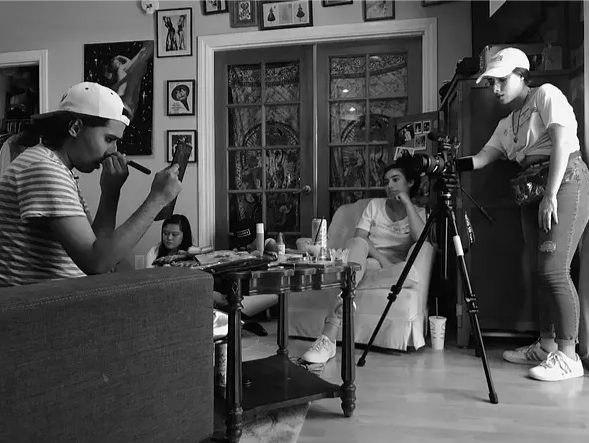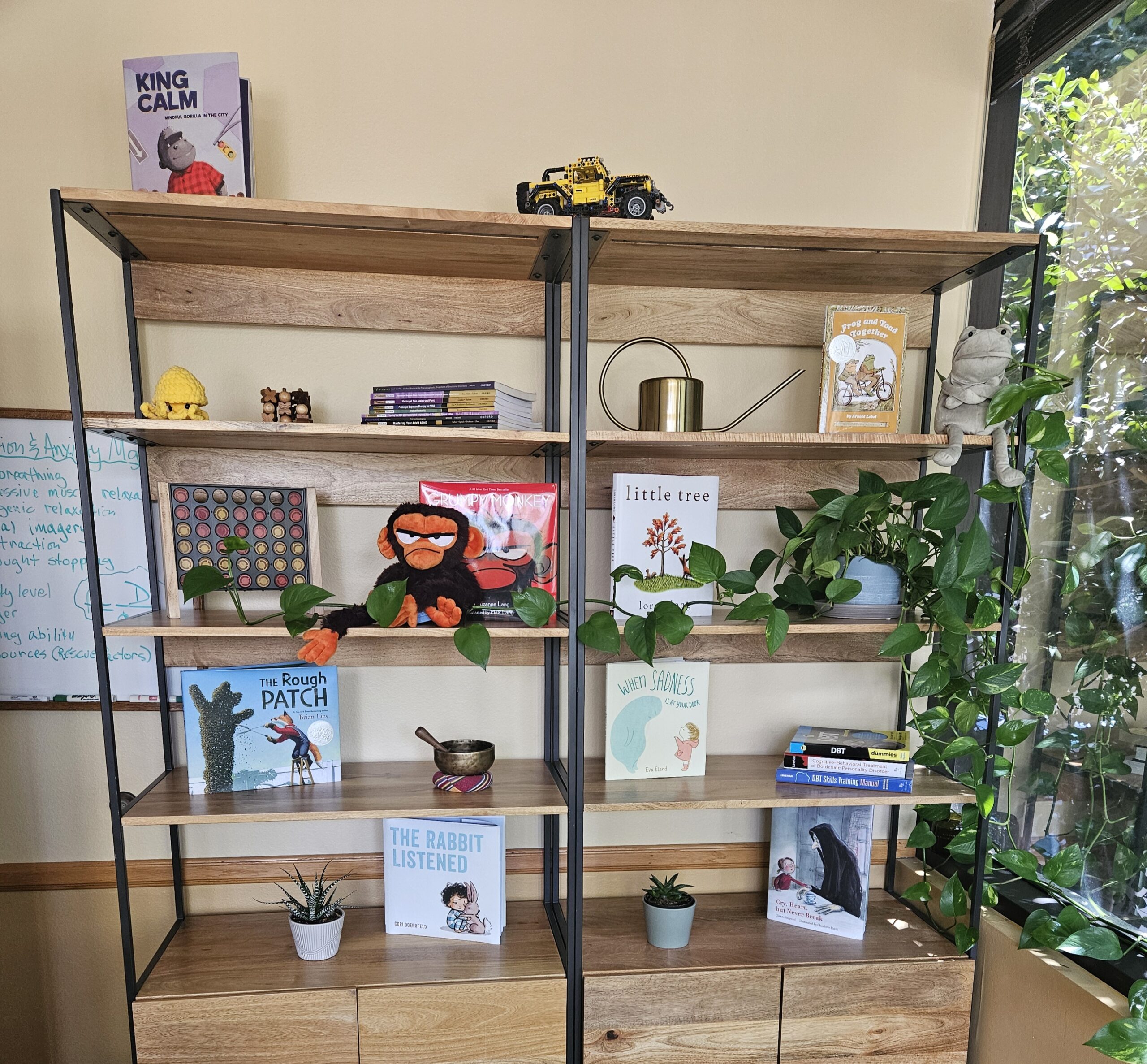Every summer, Women’s Voices Now hosts Girls’ Voices Now, a free five-week film training program for high school students in Los Angeles. This weekend, YFI Founder and Clinical Director Marcus Rodriguez, PhD, joined four student filmmakers to discuss how criticism—from social media, at home, and at school—can shape girls’ confidence, relationships, and mental health.
You can learn more about Girls’ Voices Now and watch previous years’ films on their website.
What the students asked
“Can you share any statistics about women and mental health? Is there data on the role of social media?”
Key statistics Dr. Rodriguez shared
-
Prevalence: About 1 in 5 women in the U.S. reports a mental health issue each year, including depression, PTSD, or an eating disorder.
-
Depression: The most prevalent concern among women; twice as many women experience depression as men. Estimated lifetime prevalence is ~10–20% in women vs. ~5–12% in men.
-
Anxiety: According to NIMH, 23.4% of women report an anxiety disorder vs. 14.3% of men. Women are nearly twice as likely to be diagnosed with generalized anxiety disorder or panic disorder.
-
Eating disorders: A notable gender gap—women account for ~85–95% of people with anorexia nervosa. Lifetime prevalence of eating disorders is ~8.6% in women vs. ~4.07% in men.
-
Trauma & PTSD: About 20% of women experience sexual assault or attempted rape in their lifetime. Women are twice as likely as men to be diagnosed with PTSD, and more likely to experience serious symptoms.
-
Substance use: While more men struggle with addiction overall, research shows faster progression (“telescoping”) in women, with higher craving and relapse risk despite lower amounts or shorter use.
-
Social media & adolescents: A 2019 study found teens who spend >3 hours/day on social media are at higher risk for mental health problems. Large studies find teen girls are disproportionately affected, including higher rates of depression and body-image concerns.
Why it matters: These patterns don’t define any one teen. They help families, educators, and clinicians tailor support—especially around online life, peer dynamics, perfectionism, and critical environments.
How families can help right now
-
Name the pressure: Invite open conversations about media messages, school feedback, and family comments.
-
Support healthy digital habits: Curate feeds, set device-free wind-down time, and prioritize sleep.
-
Teach skills: Practice coping strategies (mindfulness, opposite action), emotion regulation, and balanced thinking.
-
Know when to get help: CBT and DBT are evidence-based treatments for depression, anxiety, trauma, self-harm risk, and emotion dysregulation.
Note: Statistics reflect recent U.S. research synthesized from reputable sources (e.g., NIMH, CDC, VA, NIDA, and peer-reviewed studies) and align with your provided reference list.
If your teen is facing anxiety, depression, OCD, PTSD, self-harm, suicide risk, or ADHD, YFI provides CBT and DBT tailored to adolescents and families. We serve clients across Santa Monica, Beverly Glen, and Manhattan Beach, and throughout Greater Los Angeles. Contact us to get started.




